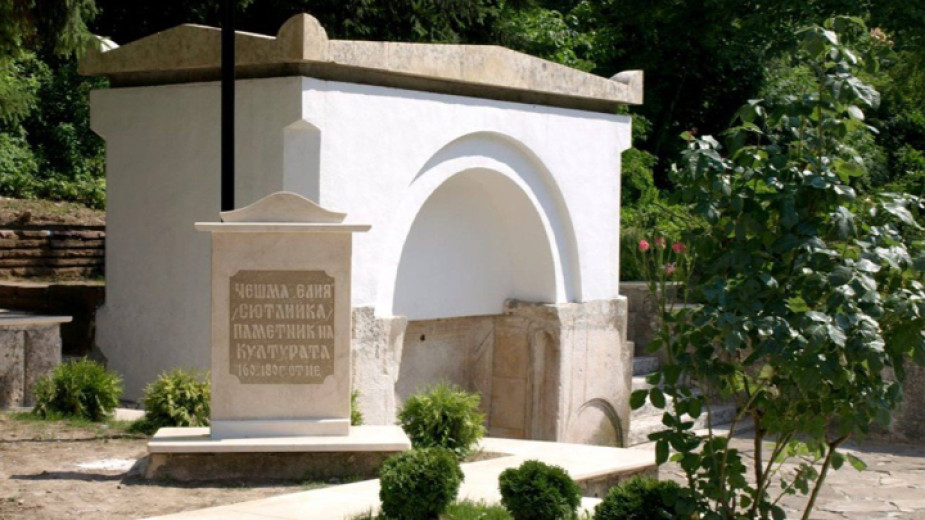 4
4
They call Nikopol “the town of ages” because its history goes back thousands of years. It was founded as a settlement in the year 169 during the reign of Roman Emperor Marcus Aurelius. In 629, theByzantine Emperor renamed the town to Nicopolis, meaning “city of victory”. Later, at the time of the Second Bulgarian Kingdom, the Nikopol fortress – called Shishman fortress – was one of the most impregnable fortress of the time, so it was used by Tsar Ivan Shishman from 1388 to 1393.
In our day, besides the famed fortress, one of Nikopol’s historical sites is a marble sarcophagus dating from Roman times whose history is truly intriguing.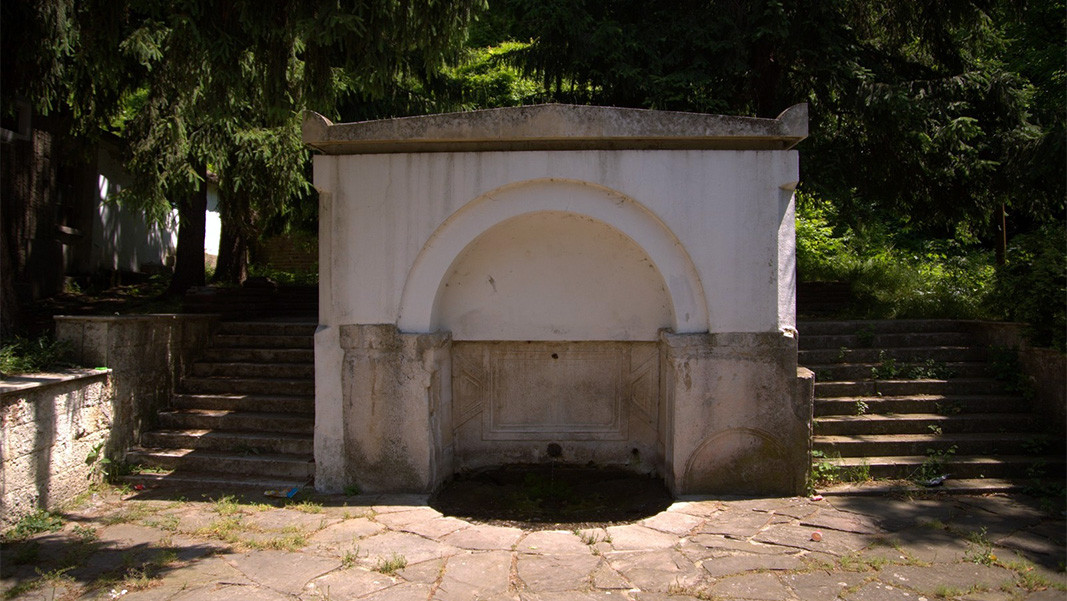
In the years of Ottoman domination in the Bulgarian lands it was built into a drinking fountain with spring water that is used by the people living in the Danubian town to this day. Legend has it that it is a tomb where a beautiful damsel has been laid to rest – the wife of Frontonus, a Roman assistant financial prosecutor at the time who lost his young wife Eliya very early. Inconsolable, he wrote verses with which the stone carvers covered the tomb of the beautiful Eliya. A verse in Latin is still decipherable on the sarcophagus: “…Let ivy intertwine with delicate flowers on the brow of the one death plucked from me so quickly. Lonely is my hearth, empty are my hopes without her…” The inscription is dated to the years 160-180.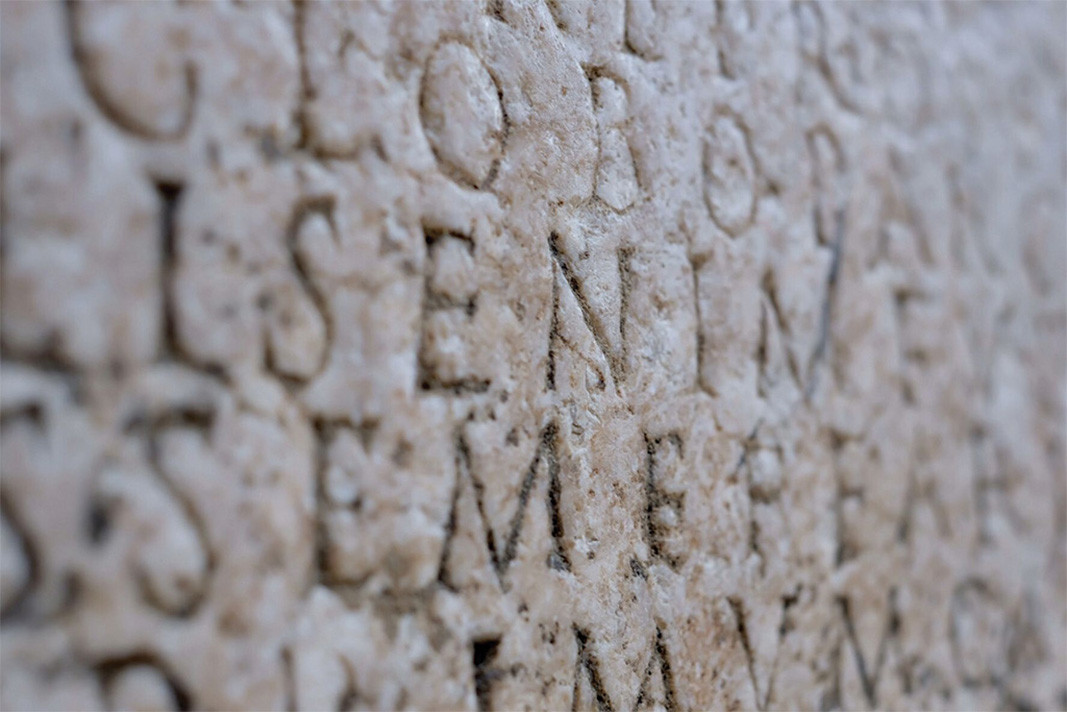
Centuries later, the sarcophagus was built into a drinking fountain made of stone, which was called Syutliyka in Turkish – milk fountain. And people started coming to Eliya’s sarcophagus to fetch water, and sit by the spring for a chat. But that was not the end of the story of the love between Frontonus and Eliya - a French archaeologist and taveller Dujarden went to Nikopol around the year 1870. He went to see the drinking fountain, and is perhaps the first person who, after almost 16 centuries, was able to decipher the message from the inscription. Astounded by the find and moved by the sweet verses, the archaeologist chiseled out his own inscription into the rock, in answer to the Roman man Frontonus: “… Your plea, Frontonus, has not been in vain. Eliya’s grave has been turned into a drinking fount. And Bulgarian brides and lasses and children fill their pitchers with water in the springtime and in autumn. The path leading to it is a promenade… And your tears, Frontonus, are the clear waters flowing from the fount.”
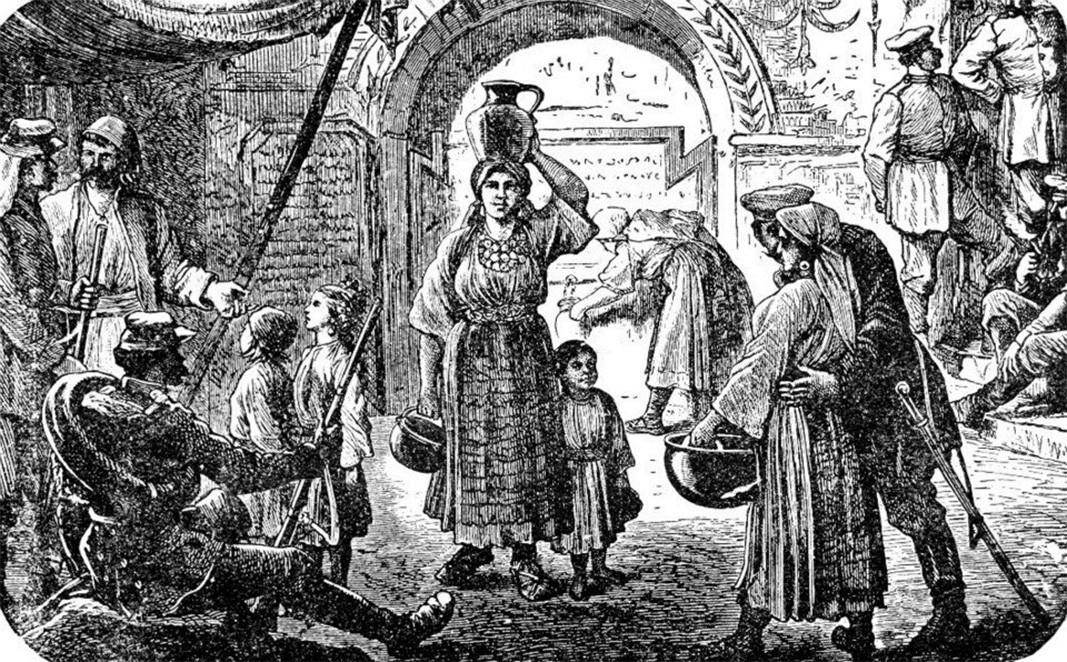
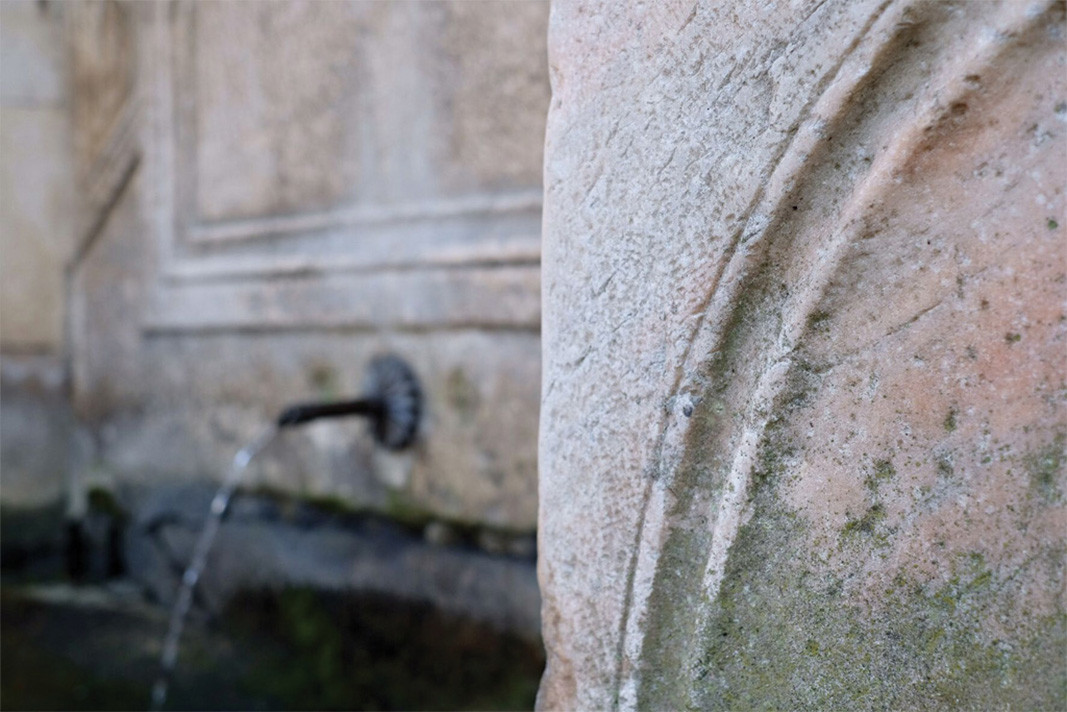
“Films have been made on location about the drinking fountain, and in May, members from the ladies’ club in Razgrad, and like-minded ladies from Pleven donated roses, and together with them, we planted these roses by the water fount. Which means that the story is not forgotten, people are still interested in it, it is passed on from person to person.”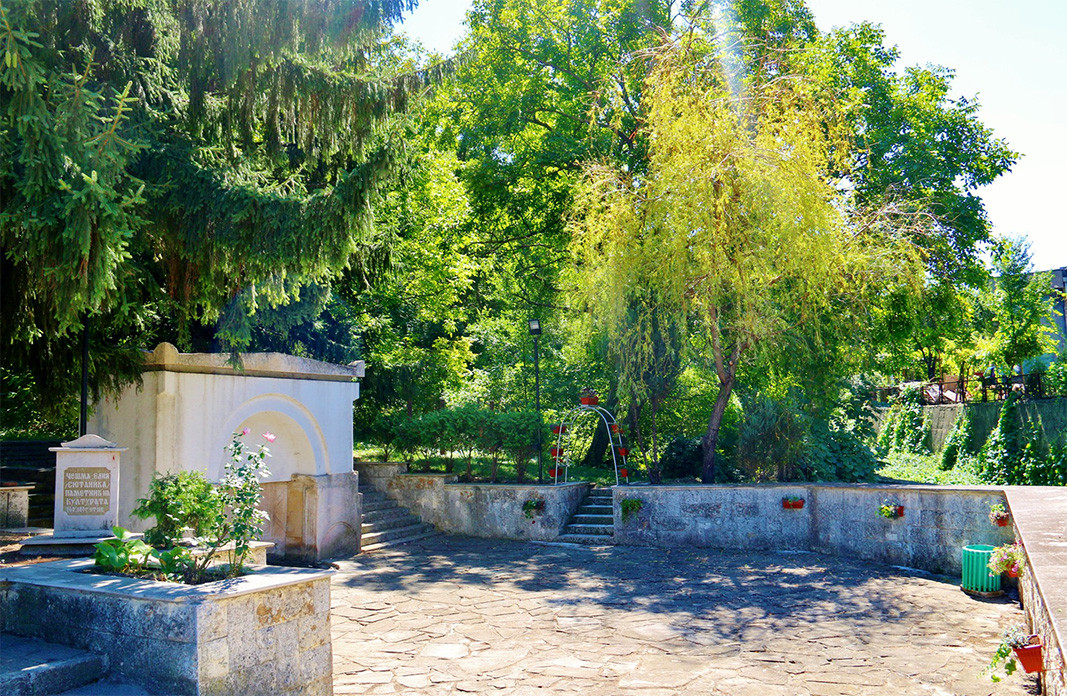
Translated and posted by Milena Daynova
Photos:Nikopol municipality, facebook.com/EliyaNikopol, inspiro-bg.com, thebridgesoftime.com, Napredak 1871 chitalishte, Nikopol
In 2025, the Catholic and Orthodox churches celebrate Easter on April 20. It is more joyful when we celebrate the Resurrection of Christ together. This is what Father Stefan from the Orthodox Church "St. Nicholas" and parish priest Father Walter..
On Good Friday, the Church recalls the great sufferings of Jesus Christ, who accepted by His own will to be judged, scourged, spat upon, humiliated, slapped, and shown to the people in a purple robe, with a crown of thorns on His head. With the..
On that day the Saviour hosted the traditional Passover meal for the Jewish people at the home of a Jerusalemite. Before the meal, as a sign of respect, He washed the apostles' feet and said, "I did not come to be served, but to serve". At the table,..
On the second day after Easter begins Bright Week. It is so called because of the light that Christ's Resurrection brings to the world. According to..

+359 2 9336 661
